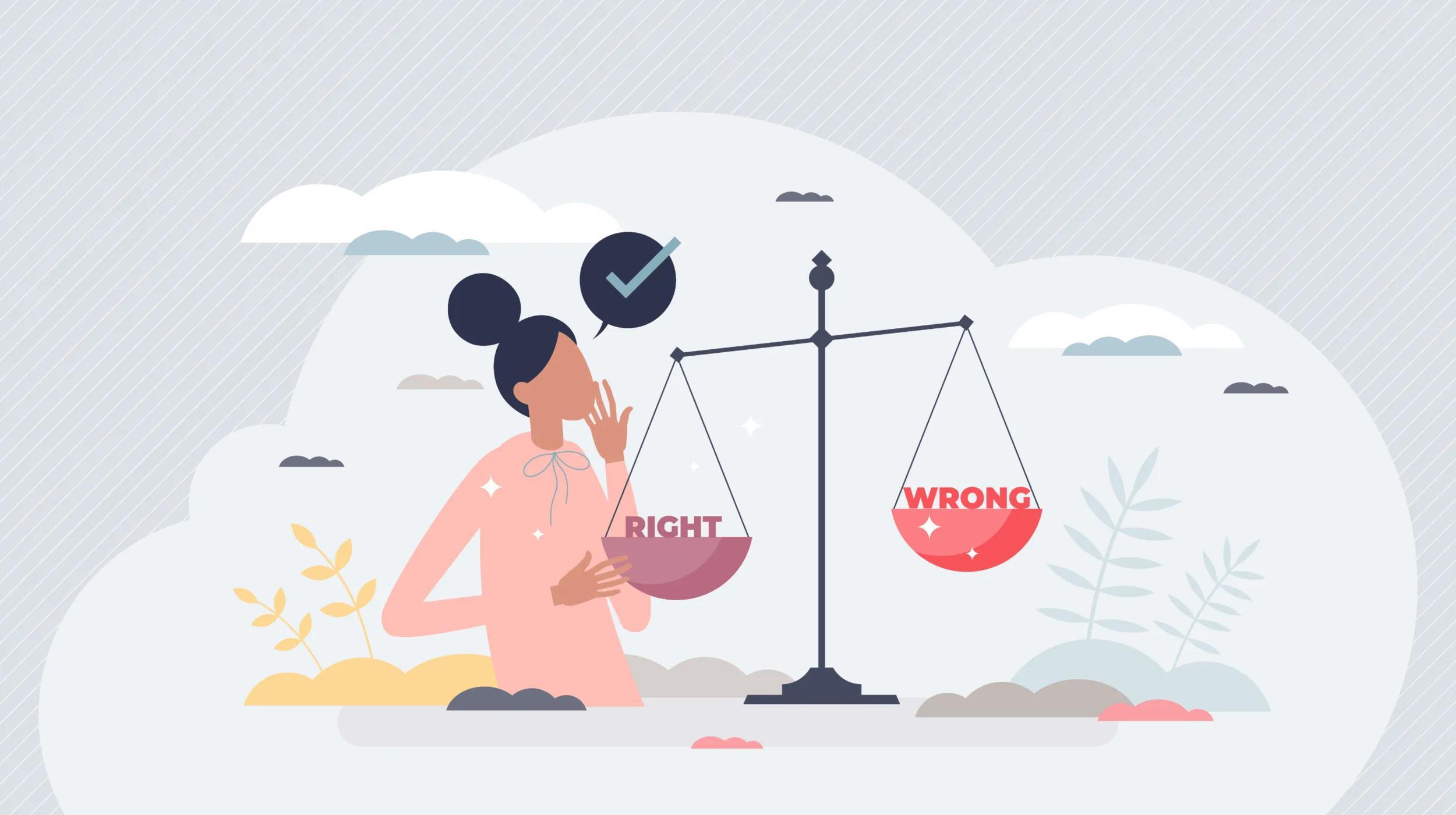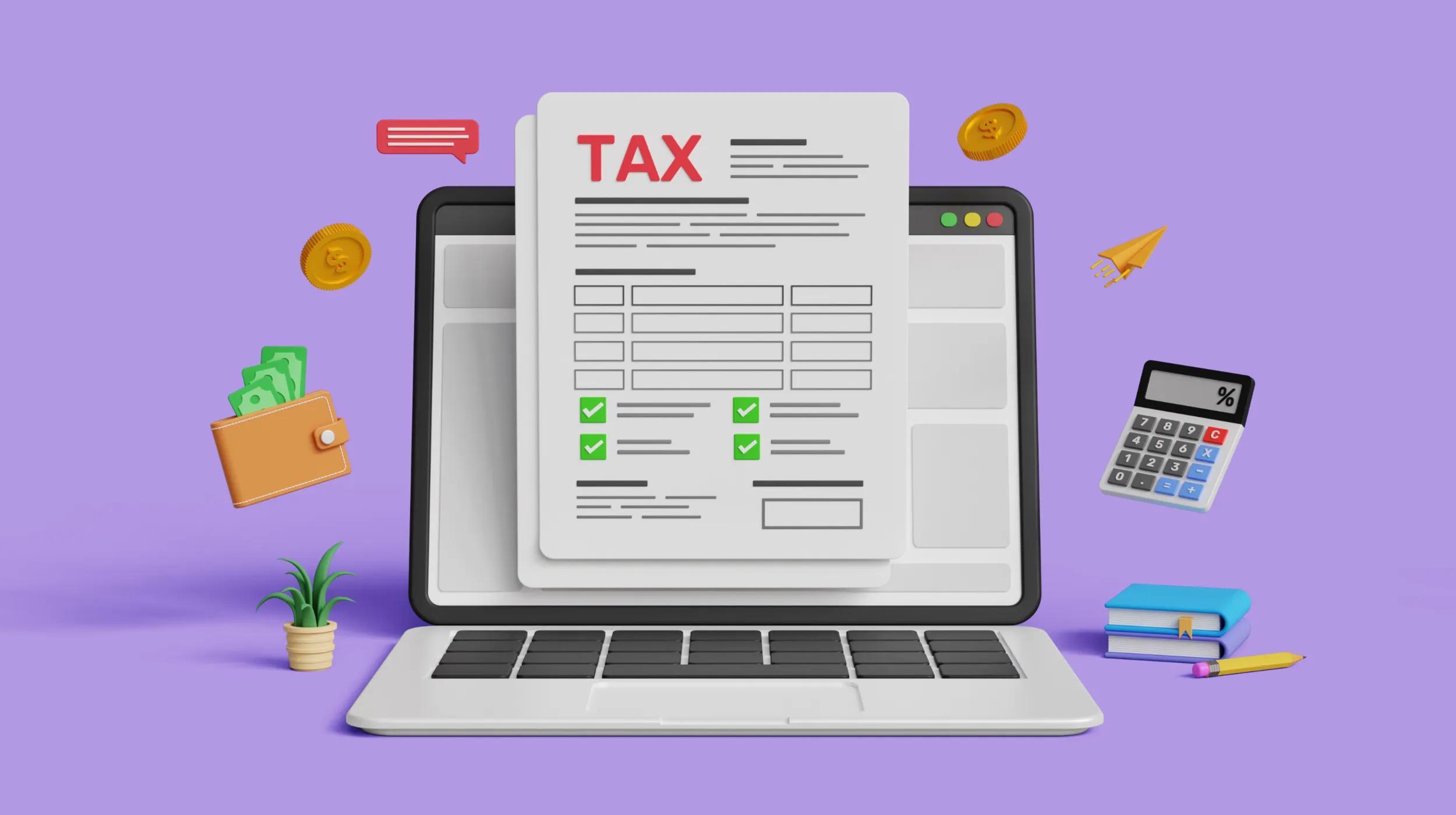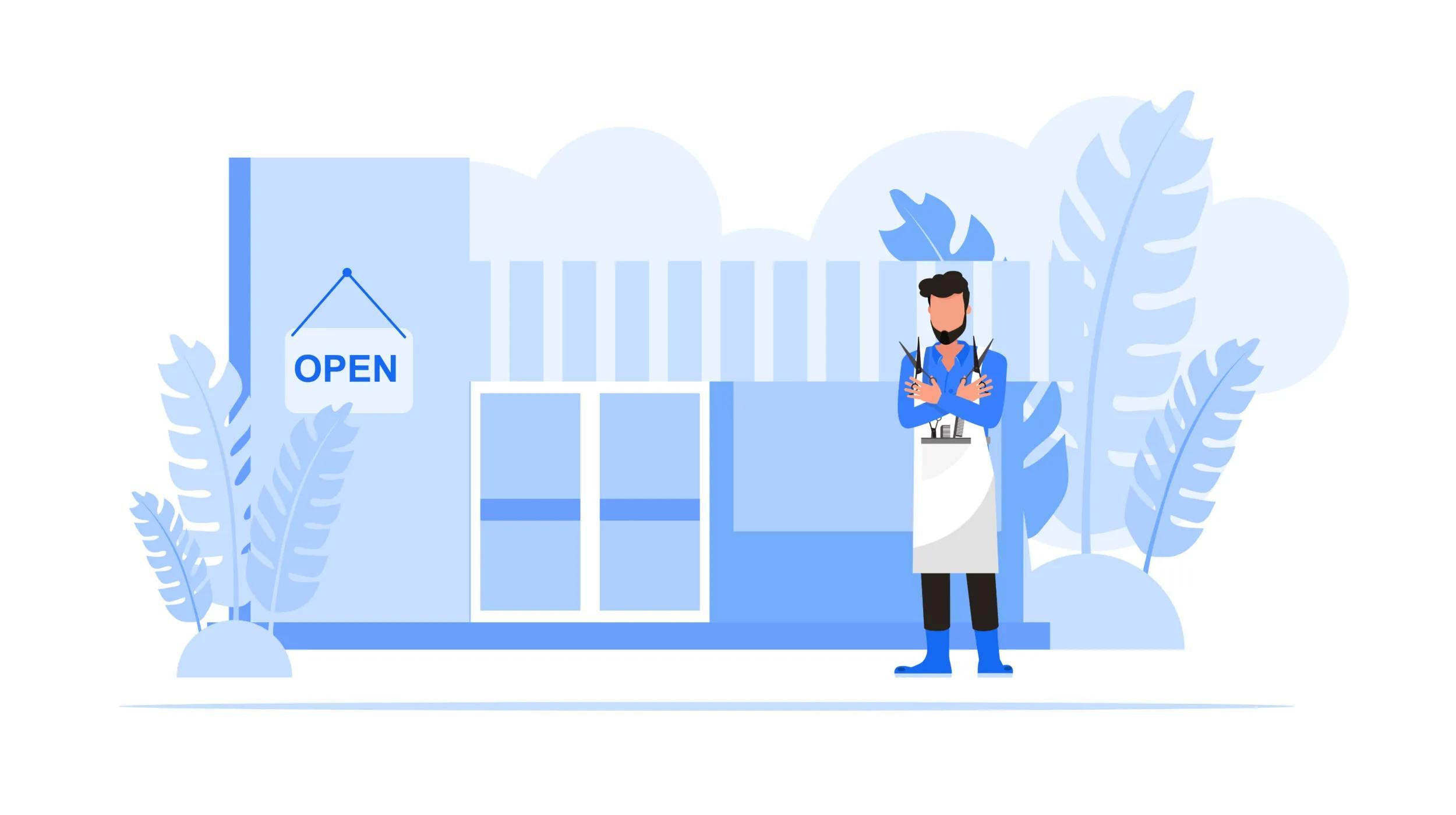Nearly a decade ago when I was in the process of launching my freelance personal styling business, I started with my friends and family. I had designed a solid system for style consults but hadn't tried it out on anyone besides myself, so I wanted to work out the kinks in a safe space. Styling my girlfriends for free — and then for reduced rates — provided the perfect testing ground, and by the time I booked my first real client, I felt ready. And I felt comfortable charging more.
I haven't offered a reduced “friends and family” rate since.
Which undoubtedly makes a few of you balk. Some business owners feel that the friends and family discount is vital to building goodwill, and that the people you love shouldn't be treated like regular customers. If you charge your brother or your best friend full price, that person might be surprised or put-out, and therefore less inclined to send referrals your way. And most relatives and friends expect special treatment so when it's not offered, things can get pretty awkward pretty fast.
Friends and family: Your biggest supporters?
But there's a flip side to that: Shouldn't your friends and family be the first ones to step up and support you with their cash? They've watched you build your enterprise from the ground up and should want to pay full price, want to help you succeed, want to invest in the business you're cultivating.
This concept was first presented to me at the Giant Steps conference, and although it was controversial amongst attendees, it resonated with me and several of my entrepreneur friends. Now, although we occasionally set up service swaps, if we're paying cash we pay regular rates.
Since we all know that freelancing is a financial roller coaster ride from month to month, we're happy to shell out to help ensure each other’s stability.
Another thing to consider: Offering a consistent discount to a subset of people can subtly devalue your services or goods. Think about it: If a pal is selling candles for $30 at full price but he's willing to let you buy one for $17, doesn't that make you wonder about his markup? People may have similar questions about your goods or services if they can always get them at a cut rate.
Freelancers, entrepreneurs, and small business owners often have a hard time charging what they're worth to begin with. Adding a layer of doubt via standing discounts just muddies the waters further.
A personal decision
Of course, this is a highly personal decision and only you know what's truly best for your business model. My dad has run his own architecture firm for 25 years, and I've seen him go through painful dry spells during which clients simply weren't paying for the work he'd done. When I asked him why he wasn't siccing his lawyers and accountants on these jerks, he pointed out that doing so created bad blood.
Push gently so you don't end up eyeball-deep in debt, but push too hard and you'll lose return business.
He's also told me that offering a friends and family discount generates a decent amount of fully paid business for him and that he can't imagine charging colleagues and relatives full price. He's weathered several recessions over the decades and his firm is still thriving, so I really can't tell him to change his policies. (Plus, he's my dad. I can tell him how to buy Dylan songs off iTunes, but I most certainly cannot tell him how to run his firm. If I want to continue living. Which I do.)
So if you're just getting started and need some experience under your belt, offer a discount. If doing so helps your business grow, offer a discount. If it would cause you more stress than it's worth to charge your friends full price, offer a discount.
BUT.
If chopping 30 percent off your fees for a bunch of family members is hurting your bottom line, or if you feel taken advantage of when your college buddies demand special pricing, by all means reconsider. No matter what your friends and family might think or say, a friends and family discount is entirely optional. And you can opt out.






